Indiana Senate Republicans announced on Friday that they would not move forward with a plan to redraw state congressional maps in a way that would favor Republicans, likely depriving the GOP of an extra seat in the 2026 midterms. This decision comes as part of a broader effort by President Donald Trump to redistrict his way to a House majority, an unprecedented wave of mid-decade redistricting that has been met with resistance from various states.
According to sources, the Indiana decision is a significant setback for the Republican Party, which had been counting on the redrawn maps to secure an additional seat in the House of Representatives. The maps, which were intended to favor Republican candidates, would have given the party a stronger foothold in the state's congressional delegation.
"We are not going to engage in partisan gerrymandering," said Indiana Senate President Pro Tem Rodric Bray, who announced the decision. "Our goal is to create fair and competitive districts that reflect the will of the people, not to manipulate the outcome of elections for partisan gain."
The decision in Indiana is the latest development in a contentious battle over redistricting, a process that is typically conducted once per decade after a new census. However, Trump's efforts to pressure states to redraw their maps mid-decade have been met with resistance from many, who argue that such efforts are an attempt to manipulate the electoral process for partisan gain.
Redistricting experts have long argued that mid-decade redistricting is a recipe for disaster, as it can create unfair and uncompetitive districts that disenfranchise voters and undermine the integrity of the electoral process. "When you're redrawing maps mid-decade, you're essentially creating a rigged system that favors one party over the other," said Dr. Michael McDonald, a redistricting expert at the University of Florida. "It's a way to manipulate the outcome of elections and undermine the will of the people."
The decision in Indiana is a significant blow to Trump's efforts to redistrict his way to a House majority, and it remains to be seen how the party will respond. However, one thing is clear: the battle over redistricting is far from over, and the implications for the 2026 midterms will be significant.
As the situation continues to unfold, it is worth noting that several other states have also resisted Trump's efforts to redistrict mid-decade, including California, New York, and Illinois. These states have opted to stick with their existing maps, which have been in place since the last census in 2020.
The current status of the redistricting efforts is that several states are still in the process of redrawing their maps, while others have opted out of the process altogether. The outcome of these efforts will have significant implications for the 2026 midterms, and it remains to be seen how the parties will fare in the face of these changing electoral landscapes.





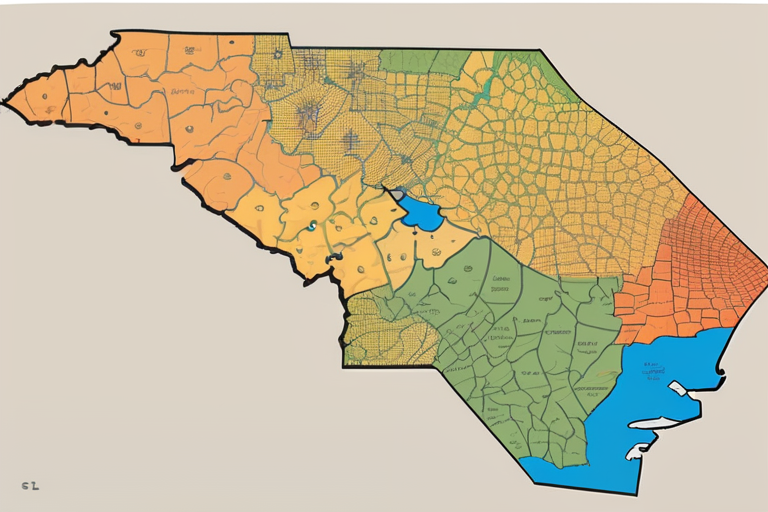

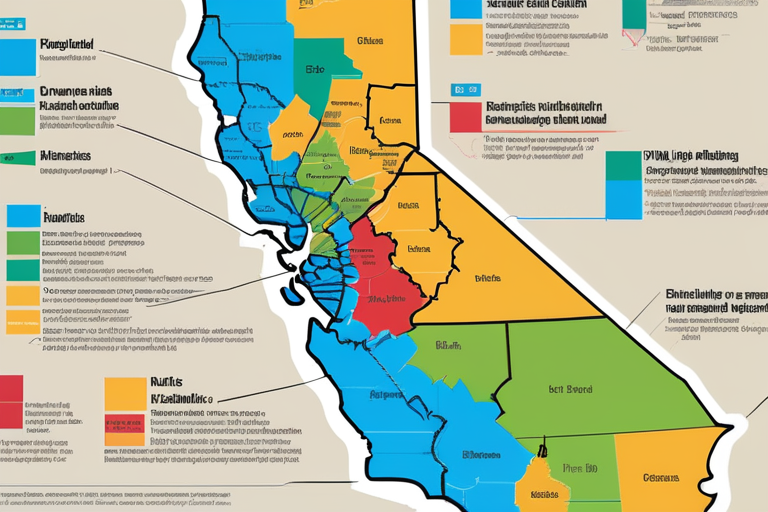
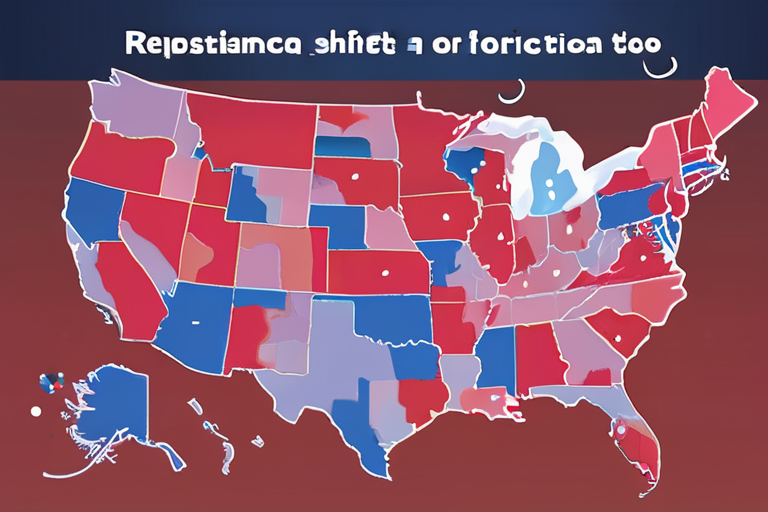

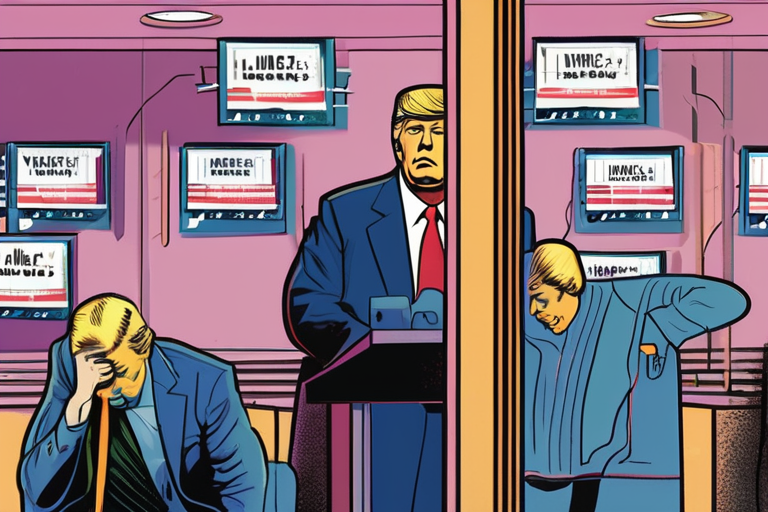


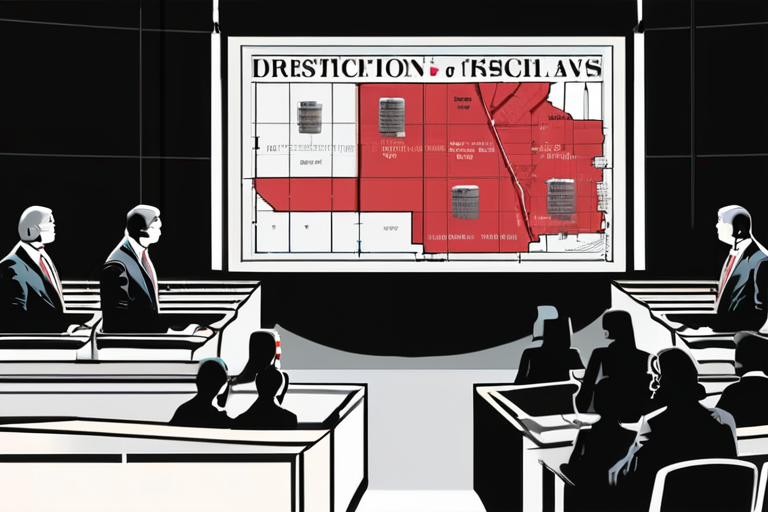





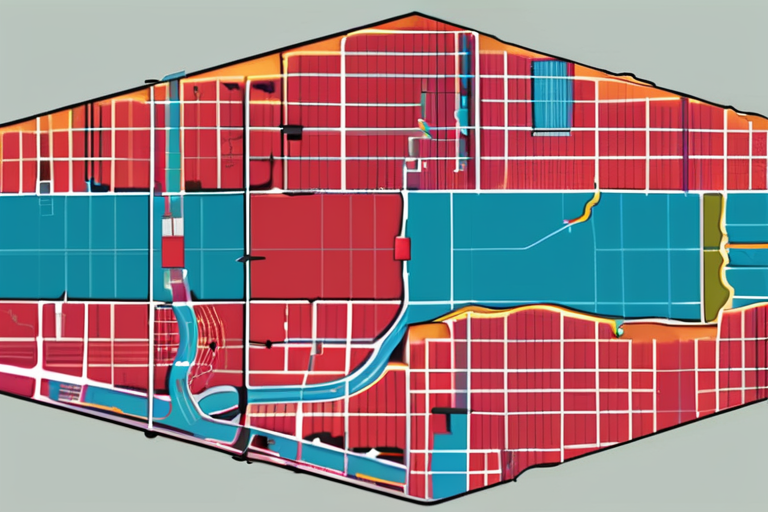

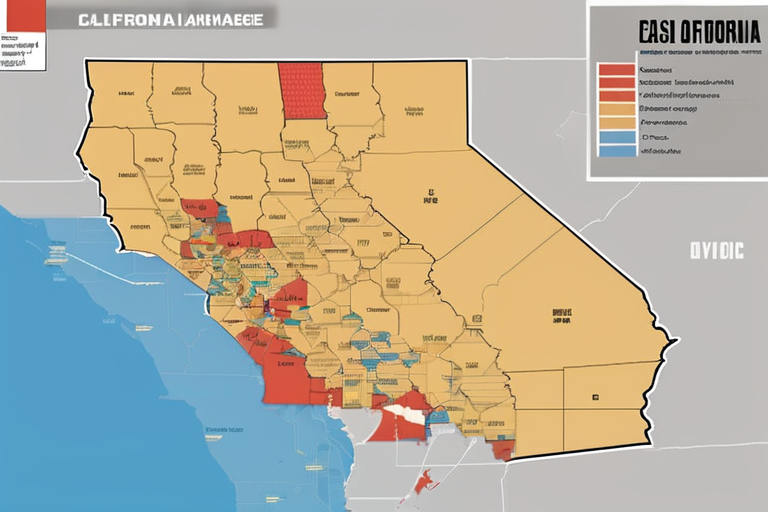

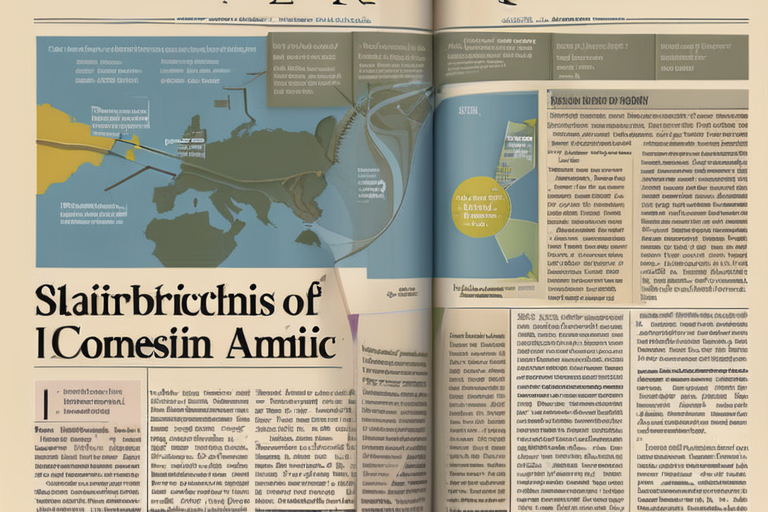

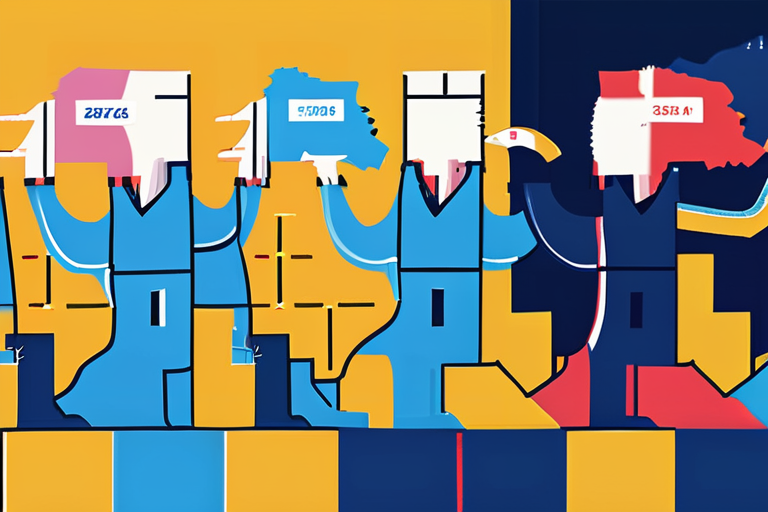
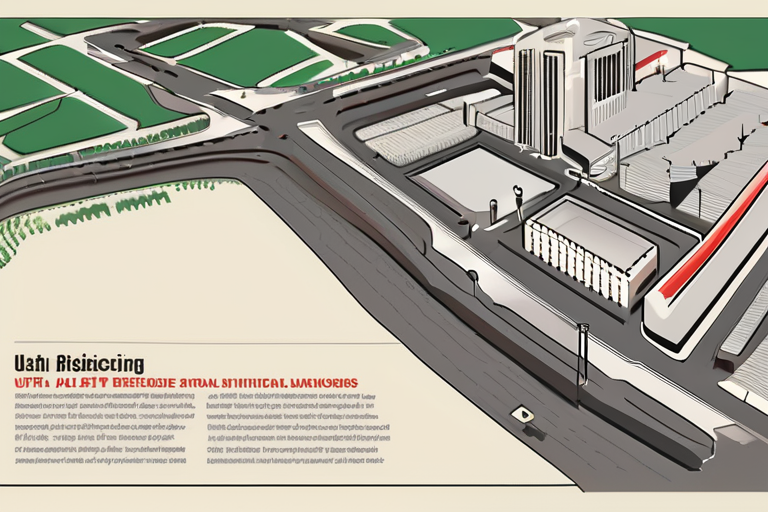
Share & Engage Share
Share this article